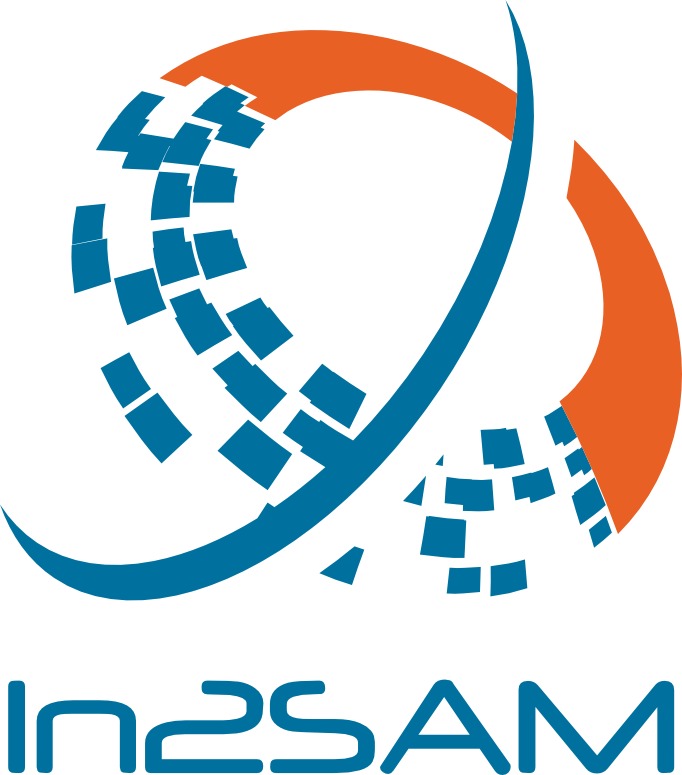 Last week I received an email with a letter attached, inviting us to use the Progress Software Asset Management service. In the attached letter, Progress explained that using this service would be of great advantage for the organisation I work in. It would reduce the cost of licenses a lot. At the end of the letter Progress stated to provide them all information about our Progress environment, such as: architecture, server names, the Progress products installed on them, and deliver this information before March 10th, 2017. While reading letters like these, I – as Software Asset Manager – always doubt about the friendly intentions of the vendor. So I decided to go to a legal guy and have them read the email and letter too. After explaining he also agreed that the email and letter were not as friendly as they looked.
Last week I received an email with a letter attached, inviting us to use the Progress Software Asset Management service. In the attached letter, Progress explained that using this service would be of great advantage for the organisation I work in. It would reduce the cost of licenses a lot. At the end of the letter Progress stated to provide them all information about our Progress environment, such as: architecture, server names, the Progress products installed on them, and deliver this information before March 10th, 2017. While reading letters like these, I – as Software Asset Manager – always doubt about the friendly intentions of the vendor. So I decided to go to a legal guy and have them read the email and letter too. After explaining he also agreed that the email and letter were not as friendly as they looked.
In drafting an answer to such an email and letter the legal function in an organisation plays a big role.
In general, the role of the corporate lawyer in the organization is to monitor the company’s interests on legal aspects. It’s all about mitigating the risks the company is being at, in entering into purchasing contracts, such as licensing contracts.
In a nutshell, when it’s about a license or purchasing agreement the lawyer must assess the contracts on terms and conditions for delivery and on terms of use of the software purchase. This implies:
- proposing better contractual terms and conditions and, together with procurement, negotiate them with the vendor, and
- drawing up standard contracts for the company.
 Normally, the corporate lawyer has no knowledge about the licensing models and their application. Having knowledge – and keeping (!) it up to date – of the license models that the manufacturer applies for the offered software, and the technical aspects of the software is not common for a regular corporate lawyer. The average corporate lawyer will not be able to oversee the implications of a licensing model (entirely). Of course legal knowledge and experience, combined with knowledge of technology and software asset management is the best situation.
Normally, the corporate lawyer has no knowledge about the licensing models and their application. Having knowledge – and keeping (!) it up to date – of the license models that the manufacturer applies for the offered software, and the technical aspects of the software is not common for a regular corporate lawyer. The average corporate lawyer will not be able to oversee the implications of a licensing model (entirely). Of course legal knowledge and experience, combined with knowledge of technology and software asset management is the best situation.
As stated above, it is of great importance to embed the role of the company lawyer in a standardized way in the SAM-processes. Indeed, if this does not happen, people simply forget to involve the corporate lawyer in cases as mentioned above, and then made major mistakes are made when entering into (software) contracts. This eventually leads to financial consequences for the organization. The role of the corporate lawyer is – besides those of procurement and software asset manager – vital.
Maarten Karnekamp
CEO In2SAM


 Nederlands
Nederlands